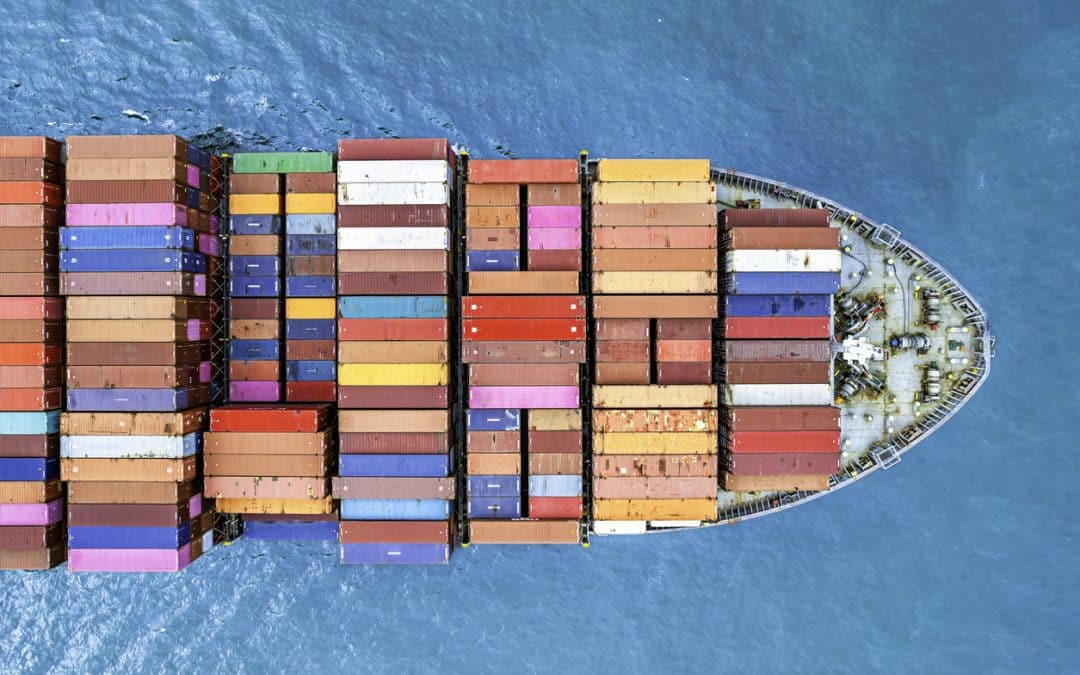On June 1, the CPC Central Committee and the State Council issued the “Master Plan for the Construction of Hainan Free Trade Port” (hereinafter referred to as “the Master Plan”). In addition to the current measures provided under the Hainan free trade zone, the construction of Hainan Free Trade Port embodies more international elements aimed at attracting a greater assortment of international trading companies and investors.
In particular, the Hainan Master Plan aims to develop Hainan into an internationally competitive free trade port through the promise of zero tariffs, low tax rates, simple taxation, a strong rule of law, and development in phases.
The Master Plan proposes that by 2025, Hainan will initially establish a free trade port policy system focusing on the liberation of trade and investment, gradually becoming a world-leading business environment by 2035, and eventually develop into a high-level free trade port with strong international influence by 2050.
Naturally, many are quick to compare the Hainan Master Plan and financial and tax policies of global free trade ports, such as Hong Kong and Singapore, which have implemented low tax rates, unified preferential policies, and market liberating measures such as free flow of foreign exchanges and relaxed market access policies for foreign investments.
The many benefits offered under the Hainan Master Plan, such as lower tax rates, will undoubtedly attract a large number of enterprises and talents to settle in. However, a key difference between Hainan and many world-famous tax havens, Hainan has the requirements of economic substance from the beginning – meaning businesses must have clear and demonstratable activities in the zone to enjoy its benefits.
Innovative management of imports and exports
The Master Plan will allow the Hainan Free Trade Port to be built as a convenient and efficient single port for imports and exports with overseas countries. A special supervision system will be implemented to monitor their import and export management process.
A list of prohibited and restricted goods for import and export will be published, while the goods outside the list shall enter and exit freely through the port. In addition, the related import tariff, value-added tax, and consumption tax shall be exempted for certain ‘self-use’ products such as imported goods purchased by local residents, as well as yachts and operation vehicles for transportation purposes.
Reduce limitations on cross-border services trade
The Hainan Master Plan will take the lead in key areas for constructing domestic regulations that affect the freedom and convenience of services trade. The port will formulate and issue negative lists of the cross-border services trade to treat overseas service providers in-line with national services trade and remove various barriers existing in services trade such as cross-border delivery, overseas consumption, and movement of natural persons, and grant national treatment to overseas service providers.
Meanwhile, the plan stressed the need to carry out system innovations in the areas of intellectual property transfer, utilization, and taxation policies, and standardize the exploration of intellectual property securitization, through constructing the Hainan International Intellectual Property Exchange.
Tax advantages
Compared to mature markets like Hong Kong and Singapore, low tax policies have become the most direct way to attract foreign investment. At present, the corporate income tax rate is 16.5% in Hong Kong and 17% in Singapore. When compared to the standard 25% CIT rate in Mainland China, Hong Kong and Singapore have a clear tax policy advantage in this regard.
For those companies registered in the Hainan Free Trade Port and meet the criteria for economic substance, and engage within the encouraged industrial category, will be granted a lower Corporate Income Tax (CIT) rate of 15% – to bringing it more in-line with tax rates of Hong Kong and Singapore.
Meanwhile, the Individual Income Tax (IIT) on those qualified individuals who work within the Hainan Free Trade Port will be capped at 15%, compared to a maximum rate of 45% for Mainland Chinese residents.
However, it should be noted that the premise for enterprises to enjoy preferential policies is not only to register in the free trade port but also to implement substantive operation in Hainan to meet the requirement of having economic substance in the zone. The objective is to avoid Hainan Free Trade Port becoming a “tax haven” for profit shifting on a global scale.
Broader opening up of finance sectors
The Master Plan also permits Hainan to take the lead in the opening up of the financial industry by supporting the construction of international energy, shipping, property rights, equity, and other trading venues and speeding up the development of settlement centers. Moreover, Hainan will support qualified overseas securities funds and futures institutions to set up wholly-owned or joint venture financial institutions on the island.
It will also support financial institutions that innovate financial products and improve service quality and efficiency, based on the development needs of key provincial industries such as tourism, modern services, and high-tech industries.
In an effort to boost foreign investment, China will implement a minimal approval process on investment by issuing special lists for relaxing barriers to market access for the Hainan Free Trade Port along with negative lists for foreign investment market access.
Integra Group Observations
It’s quite clear that the Hainan Master Plan and the Hainan Pilot Free Trade Port aim to develop a similar international trade and investment environment to nearby major trading ports like Hong Kong and Singapore.
We expect that the list of encourages industries and prohibited or restricted industries to grant greater market access to foreign investment through the Hainan Pilot Free Trade Port.
The Hainan Master Plan also promises policies not elsewhere found in China as a means of attracting investment and providing more opportunities for investment in an important global trading. The opening-up on the finance sectors, coupled with lower corporate tax rates are sure to attract viable businesses to the region; while lower personal income and VAT exemptions on certain purchases are likely to incentivize talents to relocate to Hainan.
We expect more details from the Hainan government on how these policies will be implemented and the new procedures for foreign investment in the area to be announced in the near future.







